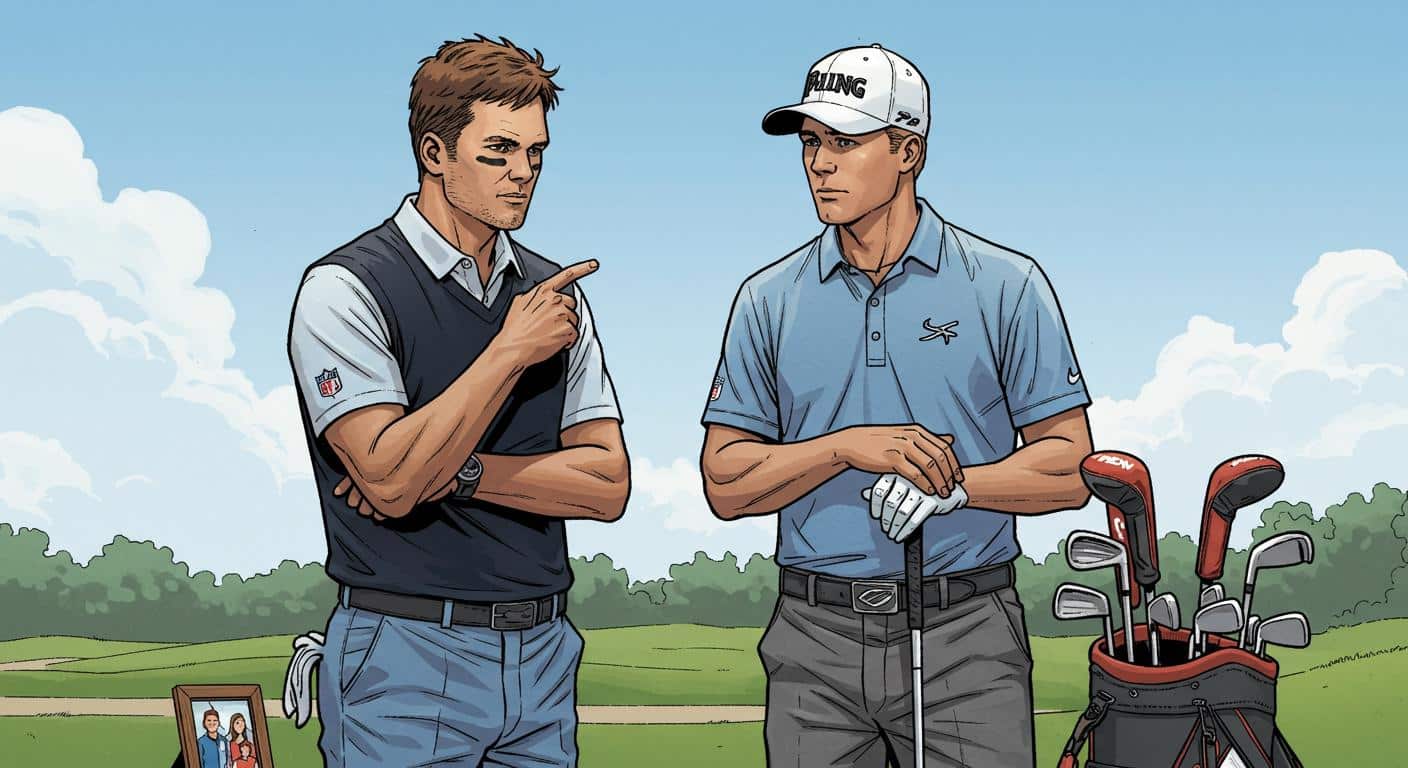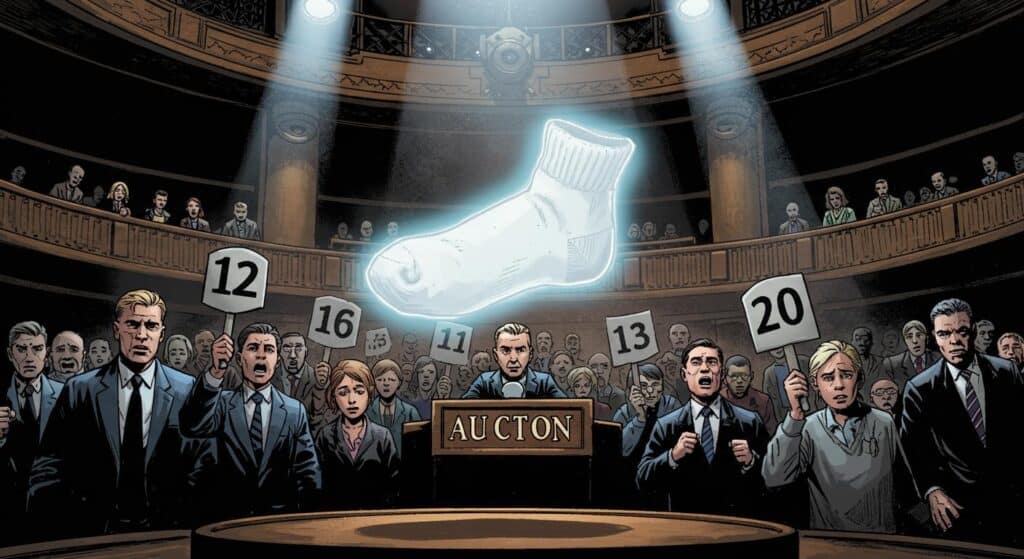It’s always a little surreal to see legendary athletes—whose lives often appear scheduled down to the microgram—publicly dissecting the big, messy business of priorities. Exhibit A for the week: Tom Brady, a man who’s walked away and come back more times than most people change phone plans, weighing in on Scottie Scheffler’s admission that being a world-class golfer is less important to him than being a good dad.
Scheffler sparked this latest round of sports-sphere introspection at Royal Portrush, where, as highlighted by The Washington Post, he described a career of chasing titles as “not a fulfilling life”—at least not in the places that matter most. Scheffler told reporters he’d gladly hang up his clubs if the demands of professional golf ever damaged his home life. “That’s why I talk about family being my priority, because it really is,” Scheffler shared, adding that moments with his wife and son beat the fleeting satisfaction of even the biggest wins.
In an illustration of how even serial retirees never really let a debate retire, Brady responded in his weekly newsletter with an inquiry that’s equal parts practical and philosophical: Why are those priorities mutually exclusive? Drawing on his own famously regimented approach to life, Brady explained, “We all have different parts of our lives. You can think of them like a pyramid,” outlining levels from personal health down through partner, children, work, extended family, and beyond. The quarterback-turned-analyst suggested these priorities need not compete—rather, they’re interconnected and capable of supporting each other.
The Pyramid and the Balancing Act
Awful Announcing details the context for this gridiron-golfer back-and-forth, emphasizing how both men, elite as they are, seem to approach work-life balance from almost opposite ends. Scheffler’s remarks—“This is not a fulfilling life … That’s why I talk about family being my priority because it really is”—are a testament to someone seeking deeper meaning beyond hustle, trophies, or fleeting acclaim. The outlet points out Scheffler’s conviction: “If my golf ever started affecting my home life or … the relationship I have with my wife or my son, that’s going to be the last day that I play out here for a living.”
Brady, as further illustrated in his newsletter and referenced in the Awful Announcing and Heavy.com articles, argues that ambition at work doesn’t necessarily come at the expense of presence at home. He contends that showing relentless dedication can serve as a powerful example for children. “My dedication to the sport, the hours of practice, the moments when I was laser-focused—those were times when I believe I was doing the best possible thing for my family and my kids, by prioritizing my profession and teaching, by example, what it takes to be really good at your job.” Brady goes on to stress that bedtime stories and homework help are only part of being a good parent; for him, excelling at work set a model for responsibility and commitment.
Interestingly, sources like Heavy.com remark on the divergence in public reaction. Some celebrated Scheffler’s clarity, wondering whether unburdening himself from the mythology of “the grind” improved his game rather than diminished it. After all, as the outlet documents, Scheffler went on to win The Open Championship right after opening up at that very press conference.
Greatness as Role Model, or Roommate?
In a detail highlighted by The Washington Post, Brady draws on his younger self, recalling a 2005 “60 Minutes” interview after three Super Bowl victories where he wondered aloud about meaning beyond football. Now, as a father of three and a serial retiree, his reflection is a bit more pyramidal: lessons learned on the field and in practice, he feels, are critical parts of what his children absorb through observation. “They see what you do in every aspect of your life and how you do it,” Brady wrote, making the case that consistency, discipline, and hard-earned wins are themselves forms of parenting—if not in the mythic “present at every recital” sense, then in modeling how care and effort translate.
Heavy.com adds another level of nuance, referencing how Scheffler and Brady differ both by temperament and context. Scheffler’s idea of downtime trends toward Chipotle runs; Brady’s off-field exploits, whether color commentary or cookbook launches, tend to be a little flashier. Fair or not, some have pointed out—as the outlet notes—the strain Brady’s own epic work focus put on his personal life during his long, public marriage and eventual divorce from Gisele Bündchen.
Winning and What Comes After
The juxtaposition, as noted by The Washington Post, is almost poetic: Scheffler gave his most revealing answer to date, then promptly hoisted the claret jug for the first time. He described fleeting satisfaction after a career-defining win—“Then it’s like, ‘Okay, what are we going to eat for dinner?’ Life goes on.” For Scheffler, the real victory seems to be having someone to share the post-tournament meal with. For Brady, the legacy includes the highlights reel and the example set for those watching from the stands—or the kitchen.
So who’s right? As the reporting from both Heavy.com and Awful Announcing illustrates, it’s not really a contest but a contrast—a reminder that there’s no one playbook for greatness, fulfillment, or even for showing up for the people who matter most. Sometimes stepping away is the most impressive move of all; sometimes, so is staying late for practice. If the pyramid never looks quite the same for two people, is that fair—or is it the only way it could possibly work?
The answer, characteristically, seems to depend on who’s building the pyramid and who’s waiting at the dinner table. As for whether the trophy or the leftover takeout means more, well, most of us will probably just shrug and ask what’s for dessert.







